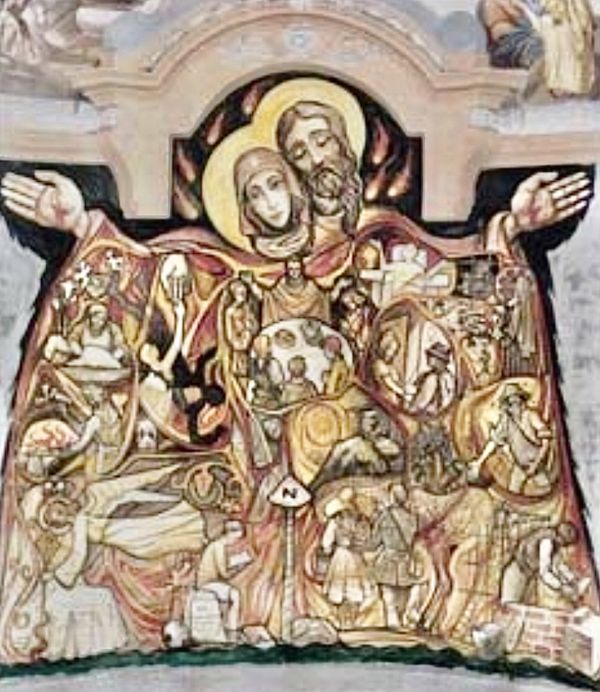"And whoever scandalises one of these little ones who believe in me, it would be better for him if a millstone were put around his neck and he were thrown into the sea" (Mk 9:42).
Thus Jesus pronounces in today's Gospel: woe to those who cause scandals.
Francis and Clare feared them greatly, even though they were people who had salt in themselves.
There are several passages that accurately inform us in specifics.
In the Major Legend:
"[...] those who violated the holy Religion by wicked works incurred its condemnation and its dreadful curse:
"From you, O Lord most holy, and from all the heavenly curia, and from me also, your little one, be cursed those who, by their bad example, disrupt and destroy all that, through the holy brothers of this Order, you have built and do not cease to build".
Often, thinking of the scandal given to the little ones, he felt an immense sadness, to the point of believing that he would have died of grief, if the divine goodness had not sustained him with its comfort" (FF1139).
And in the Second Life of Celano:
"The goodest brothers," he said, "are confounded by the works of the evil brothers, and even though they personally have not sinned, they are judged by the example of the wicked.
For this very reason they pierce me like a sharp sword and run it through my bowels all day long."
It was for this reason above all that he shrank from the company of the brothers, lest he should happen to hear something unpleasant about one or the other that would renew his sorrow" (FF 741).
Clare, then, in the Rule, addressed to the sisters, says:
"Let them not dare to bring back to the monastery the gossip of the world. And of what is said or done inside, they are bound not to report anything outside the monastery that might cause scandal [...]" (FF 2805).
And again:
"I admonish then, and exhort in the Lord Jesus Christ, that the sisters beware of all pride, vainglory, envy, avarice, care and solicitude of this world, of detraction and murmuring, of discord and division" (FF 2809).
And she added:
"On the contrary, let them always be solicitous to preserve reciprocally the unity of mutual charity, which is the bond of perfection" (FF 2810).
«Have salt in yourselves and be at peace with one another» (Mk 9:50).
Thursday 7th wk. in O.T. (Mk 9,41-50)












